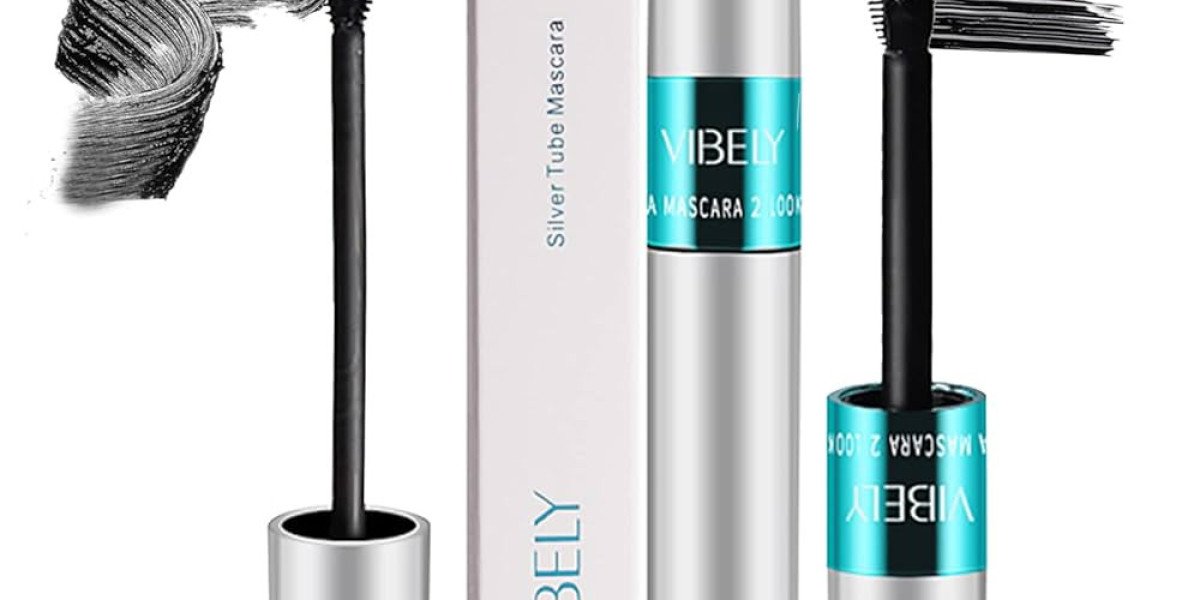Wheel noise, steering vibration, and unstable vehicle handling usually point to one overlooked component—the hub bearing. When this part begins to fail, it doesn’t just reduce driving comfort; it becomes a serious safety risk. A worn or low-quality hub bearing can lead to uneven tire wear, brake issues, and even wheel detachment in extreme cases. This is why upgrading to a high-quality hub bearing is essential for vehicle owners, mechanics, and fleet managers who want to ensure long-term road safety.
What Is a Hub Bearing and Why It Matters
A hub bearing, also known as a wheel hub bearing or hub assembly, is a vital part of the wheel system. It supports the wheel’s rotation while maintaining its alignment, ensuring smooth and stable movement on the road. It sits inside the wheel hub and reduces friction between the wheel and the axle.
What a Hub Bearing Actually Does
Allows smooth wheel rotation
Maintains proper wheel alignment
Supports the vehicle’s weight
Reduces friction between moving parts
Ensures safe braking and handling
Top Pain Points Caused by a Worn-Out Hub Bearing
Replacing a faulty hub bearing isn’t just about comfort—it prevents costly repairs and improves safety. Here are the most common issues drivers face when hub bearings start failing:
1. Loud Humming or Grinding Noise
A bad hub bearing produces a humming, growling, or grinding noise that increases with speed. These sounds indicate internal wear and reduced lubrication.
2. Steering Wheel Vibration
If the wheel hub bearing loosens or becomes damaged, the steering wheel begins to vibrate, especially during turns.
3. Wheel Play and Poor Handling
A failing hub bearing causes excessive wheel movement, resulting in unstable driving, reduced control, and increased risk of accidents.
4. Uneven Tire Wear
Faulty hub bearings disrupt wheel alignment, causing tires to wear out faster on one side.
5. ABS Malfunctions
Modern vehicles have wheel speed sensors integrated into the hub assembly. A worn bearing can cause ABS warning lights or braking issues.
6. Increased Braking Distance
If the wheel becomes unstable, braking efficiency decreases—making it dangerous during emergency stops.
Key Features of a High-Quality Hub Bearing
1. Precision Engineering
High-quality hub bearings are designed with strict tolerances to ensure smooth wheel rotation and long-term stability.
2. High-Strength Steel Components
Durable steel construction prevents corrosion, improves fatigue resistance, and extends service life.
3. Sealed Design for Dust and Moisture Protection
Most premium hub bearings come with sealed housings to keep contaminants out and lubrication inside.
4. Integrated ABS Compatibility
Modern hub bearings support accurate sensor readings, improving vehicle safety systems.
5. Heat and Load Resistance
A good hub bearing can handle extreme temperatures, heavy loads, and rough driving conditions without failing.
Where Hub Bearings Are Commonly Used
Hub bearings are found across various vehicle categories, including:
Passenger cars
SUVs and crossover vehicles
Pickup trucks
Commercial vans
Heavy-duty trucks
Off-road vehicles
They are essential for safe wheel rotation and overall suspension performance.
Signs You Need to Replace Your Hub Bearing Immediately
Ignoring early warning signs can lead to complete wheel assembly failure. Look out for:
1. Noise While Driving
If the noise changes when you turn left or right, it’s likely a damaged hub bearing on the opposite side.
2. ABS Light On
A failing bearing may interfere with wheel speed sensor operation.
3. Vehicle Pulling to One Side
Misalignment caused by the bearing impacts driving control.
4. Loose or Wobbly Wheel
This is an urgent safety hazard—replace the hub bearing immediately.
5. Burning Smell
Excess heat caused by friction may lead to more severe damage.
Why It’s Important to Use a Trusted Supplier
Not all hub bearings offer the same reliability. Cheap, counterfeit, or poorly manufactured bearings can fail prematurely, causing safety risks and expensive repairs. A trusted supplier ensures:
Accurate fitment and OEM-grade specifications
High-quality materials
Reliable manufacturing processes
Longer part lifespan
Safer vehicle performance
Using a verified supplier prevents the risks associated with low-grade parts.
Conclusion
Your hub bearing does more than support your wheel—it directly affects control, braking, safety, and the overall driving experience. If your vehicle is producing wheel noise, vibration, or signs of instability, replacing the bearing early prevents dangerous situations and costly repairs.
Explore high-quality options from trusted sources like hub bearing specialists.
To ensure long-term safety and performance, choose a premium hub bearing that delivers durability, stability, and reliable wheel support.








